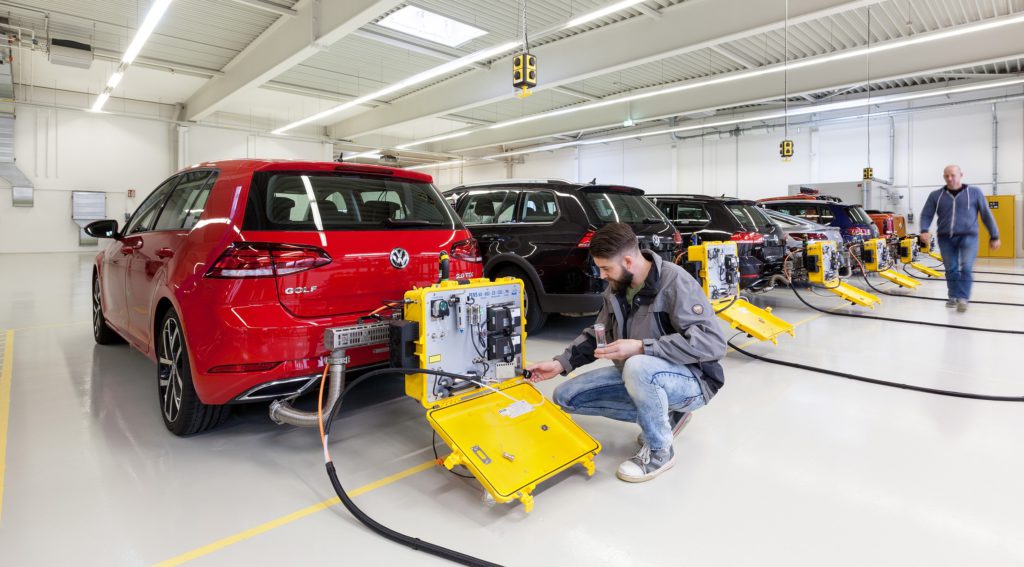EU likely to appeal ruling over ‘real world’ NOx emissions
21 February 2019

21 February 2019
Vehicle manufacturers and the European Commission have warned that sales of millions of diesel cars on the continent would be disrupted if they are forced to accelerate compliance with ′real world’ emissions limits.
The introduction of such testing came in the wake of the Dieselgate scandal and left carmakers struggling to meet the EU’s NOx limit of 80mg per kilometre. Therefore, governments agreed in 2016 to give manufacturers more leeway to comply, with the goal of bringing them into line by 2023.
However, the EU’s general court, part of the European Court of Justice, ruled that Brussels had adopted this measure incorrectly, cutting the grace period to one year. This means that car manufacturers have until next February to meet the requirements. The Commission has now intimated that it will appeal the ruling.
At the same time, the Commission will produce a new piece of legislation based on the same rules it pledged to carmakers before. If this legislation is adopted, the appeal will be withdrawn.
Carmakers have warned that should the ruling stand, as many as 7.5 million cars slated for production would not be able to meet the real world emissions tests should the limit be restricted to 80mg in the proposed timeframe.
′The impact could indeed be enormous,’ Erik Jonnaert, Secretary General of the European Automobile Manufacturers Association (ACEA), told the Financial Times. He warned that the judgment, if not appealed, could ′create legal uncertainty for the entire industry.’
ACEA warned of ′dramatic’ consequences for the industry as affected vehicles ′would have to undergo extensive re-engineering ″” something which would require far more time than is allowed by the judgment of the court’. ′Some vehicle models may even have to be cancelled,’ the association said.
Elzbieta Bienkowska, the EU’s industry commissioner, cautioned that carmakers risked overstating the potential impact. ′Of course, we will then hear the industry telling us that this is the end of the world,’ she told the European Parliament’s environment committee. ′I am, and we are, I think, used to this.’ Bienkowska also announced the decision to appeal the court ruling.
Environmental groups dismissed the carmakers’ predicament. Julia Poliscanova, manager for clean vehicles at Transport & Environment, said it was manufacturers’ ′choice to cheat the regulations, their choice to lobby and weaken them further. Now it is time to embrace the future of clean, low-emission technology.’
The news of an appeal and plans for legislation were also rebuffed by some MEPs. ′I am disappointed,’ said Belgian centre-left MEP Kathleen Van Brempt, the former chairwoman of the inquiry committee. Fellow Belgian MEP Mark Demesmaeker, of the European Conservatives and Reformists group, also said he was disappointed and that the decision was a ′bad signal’.
It is not yet known when the appeal will take place.